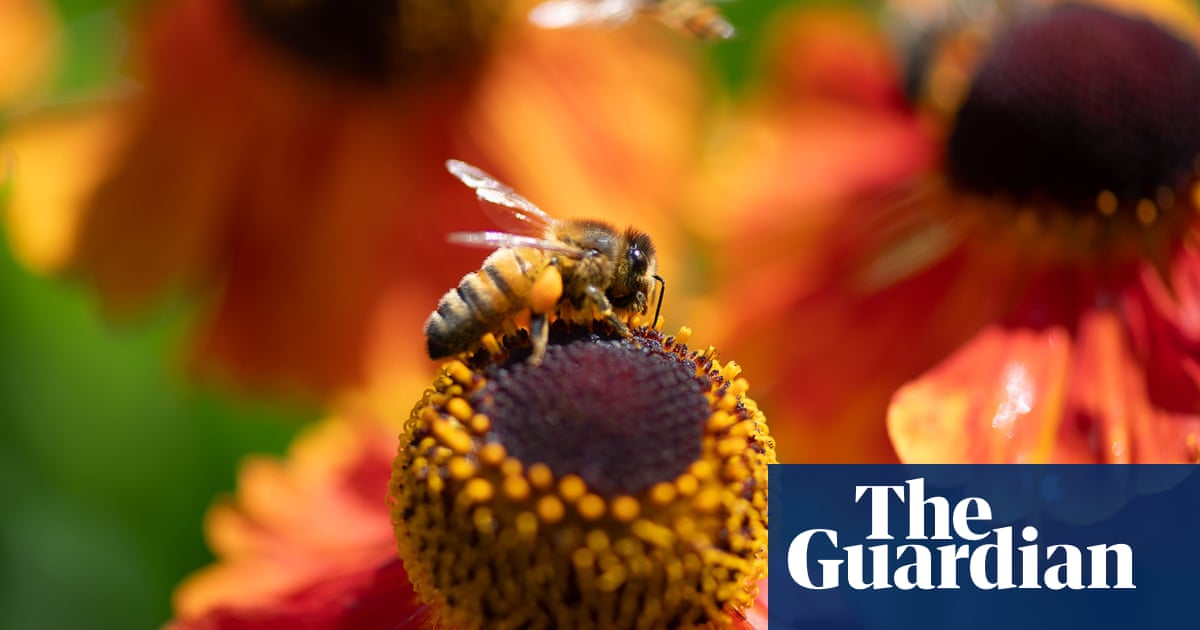
"Increasing war and conflict around the world is harming bees, with disruptions in crop diversity leading to food scarcity for pollinators."
"Microplastic particles are contaminating beehives across Europe, with synthetic materials detected in 315 honey bee colonies."
"Research indicates that artificial light from street lamps reduces nocturnal pollinator visits by 62%, indicating a significant impact on pollination."
"Pesticide cocktails, despite regulation, can interact with other chemicals, producing dangerous effects on bee populations."
Scientists from the University of Reading have identified diverse threats to bee populations, which include the impacts of war, particularly in Ukraine, leading to reduced crop diversity and food supply for pollinators. Microplastics have been found contaminating beehives, impacting bee health. The presence of artificial light significantly reduces visits from nocturnal pollinators, further endangering their role in ecosystems. Additionally, antibiotics and pesticide interactions present serious risks, underscoring the urgent need for conservation efforts as traditional pollutants continue to impact bee survival and reproduction.
Read at www.theguardian.com
Unable to calculate read time
Collection
[
|
...
]